5 Things that You Need to Know About Human Papillomavirus (HPV)
Written by Dr Angela Pine, BSc, MSc, PhD1
Medically reviewed and edited by Dr Said Qabbaah, MBBS, MBA
Human papillomavirus (HPV) is a very common virus that infects both women and men. Although most HPV infections are controlled by our immune system, this is not the case on some occasions, meaning that they can lead to different health consequences. Infection with certain ‘high risk’ types can even result in damage to the DNA in infected cells, which can cause abnormal changes and lead to the development of cancer.1
Cervical screening for HPV, along with the HPV vaccine, provides us with powerful tools to prevent cervical cancer from ever developing. However, there is currently no diagnostic test available that is able to detect HPV infections in other parts of the body.
Another very important fact is that HPV doesn’t just cause cervical cancer, it also causes other cancers in both men and women2 which is why HPV vaccination is strongly recommended for both sexes – boys and girls.
1) HPV causes other cancers, in addition to cervical cancer, in both men and women
While cervical cancer is the most well-known HPV-related cancer, it certainly is not the only type of cancer that HPV infections can cause. Persistent HPV infections can also cause other various types of cancer, including:
-
- Cancer of the mouth and throat, including the base of the tongue and tonsils (oropharynx), in both men and women
- Cancer of the anus in both men and women
- Cancer of the vagina and vulva in women
- Cancer of the penis in men
In fact, in some countries around the world, HPV-related cancers of the mouth and throat (oropharyngeal cancers), have become increasingly common over the years.3
2) HPV does not require penetrative sex to be transmitted
HPV is passed on by skin-to-skin contact, therefore, it is technically a sexually transmitted infection. However, penetrative sex is not necessary for catching HPV; transmission of the virus can also take place by touching the genital area.4
Furthermore, it is important to note that HPV does not discriminate based on gender or sexual orientation, because anyone can catch and pass on HPV infections.
3) HPV does not usually cause any symptoms
Despite the link between HPV infections and numerous cancers, HPV infections themselves often go unnoticed because they usually don’t cause any symptoms.
It is only HPV types 6 and 11 (both classed as low risk) that result in the development of genital warts, and therefore give rise to a symptom that is visible. Infections with all other HPV types rarely produce any symptoms.
4) HPV vaccination is recommended for children aged 12 to 13
The reason why HPV vaccination is recommended at such an early age is because it is vital that the vaccine is given before the person has had the chance to come into contact with the virus, hence making it more effective. It is important to also receive all the doses as recommended and at the required time.
It should be taken into consideration that HPV does not discriminate based on gender, as both men and women are as likely to get the infection. Therefore, it is important that both boys and girls are vaccinated against HPV, in order to help protect against future HPV infections and reduce their risk of developing HPV-related cancers.
5) HPV vaccination does not mean that there is no need for cervical screening, AND cervical screening does not mean that there is no need for HPV vaccination
Every year, around 3,200 women living in the UK will be diagnosed with cervical cancer, and over 25% of those will die from the disease, despite the available screening and treatment.5
Many people believe that it is not necessary to attend their cervical screening appointment if they have been vaccinated against HPV, but this is clearly wrong. There are over 15 high-risk types of HPV that can cause cancer. The vaccine, up until recently, only protected against 2 high-risk HPV types; currently, the most recent vaccine covers 9 types out of over 200 in total (both low and high risk).5
This means that even if you are vaccinated, it does not offer full protection against ALL types of HPV. This highlights the importance of cervical screening which tests for multiple types of HPV, so infections will not go undetected. At present, there is no routine screening test available for other HPV-related cancers, besides cervical cancer.
This often leads to the late discovery of those types of cancer when they have already advanced to a later stage when treatment is much more difficult and health outcomes are likely to be poorer.
It is therefore essential that women and individuals assigned female at birth (AFAB) take full advantage of the ability to be screened for free in the UK, which is recommended at the age of 25-64 every 3-5 years depending on age, HPV status, and location within the UK.
10zyme: Advancing women’s health
We’re developing a groundbreaking self-test with instant results to detect the main cause of cervical cancer: high-risk HPV. Detecting infections early prevents cancer ever developing.
By enabling self-testing, we aim to empower women, overcome stigma and anxiety, and help eliminate a disease killing hundreds of thousands a year globally. See our Education Section to find out more.
Please follow and support us on social media: LinkedIn, Instagram, and TikTok.
References:
- National Health Service (NHS). (2022). Human papillomavirus (HPV). [Online]. Available at: https://www.nhs.uk/conditions/human-papilloma-virus-hpv/ (Accessed 10/04/2023)
- World Health Organization (WHO). (2023). Human papillomavirus and cancer. [Online]. Available at: https://www.who.int/news-room/fact-sheets/detail/human-papilloma-virus-and-cancer (Accessed 10/04/2023)
- Gribb, J.P., Wheelock, J.H. and Park, E.S. (2023). Human Papilloma Virus (HPV) and the Current State of Oropharyngeal Cancer Prevention and Treatment. Delaware Journal of Public Health, 9(1):26–28. doi: 10.32481/djph.2023.04.008
- Cancer Research UK (CRUK). (2024). Does HPV cause cancer? [Online]. Available at: https://www.cancerresearchuk.org/about-cancer/causes-of-cancer/infections-eg-hpv-and-cancer/does-hpv-cause-cancer (Accessed 15/07/2024)
- Choi, S., Ismail, A., Pappas-Gogos, G. and Boussios, S. (2023). HPV and Cervical Cancer: A Review of Epidemiology and Screening Uptake in the UK. Pathogens, 12(2):298. doi:10.3390/pathogens12020298

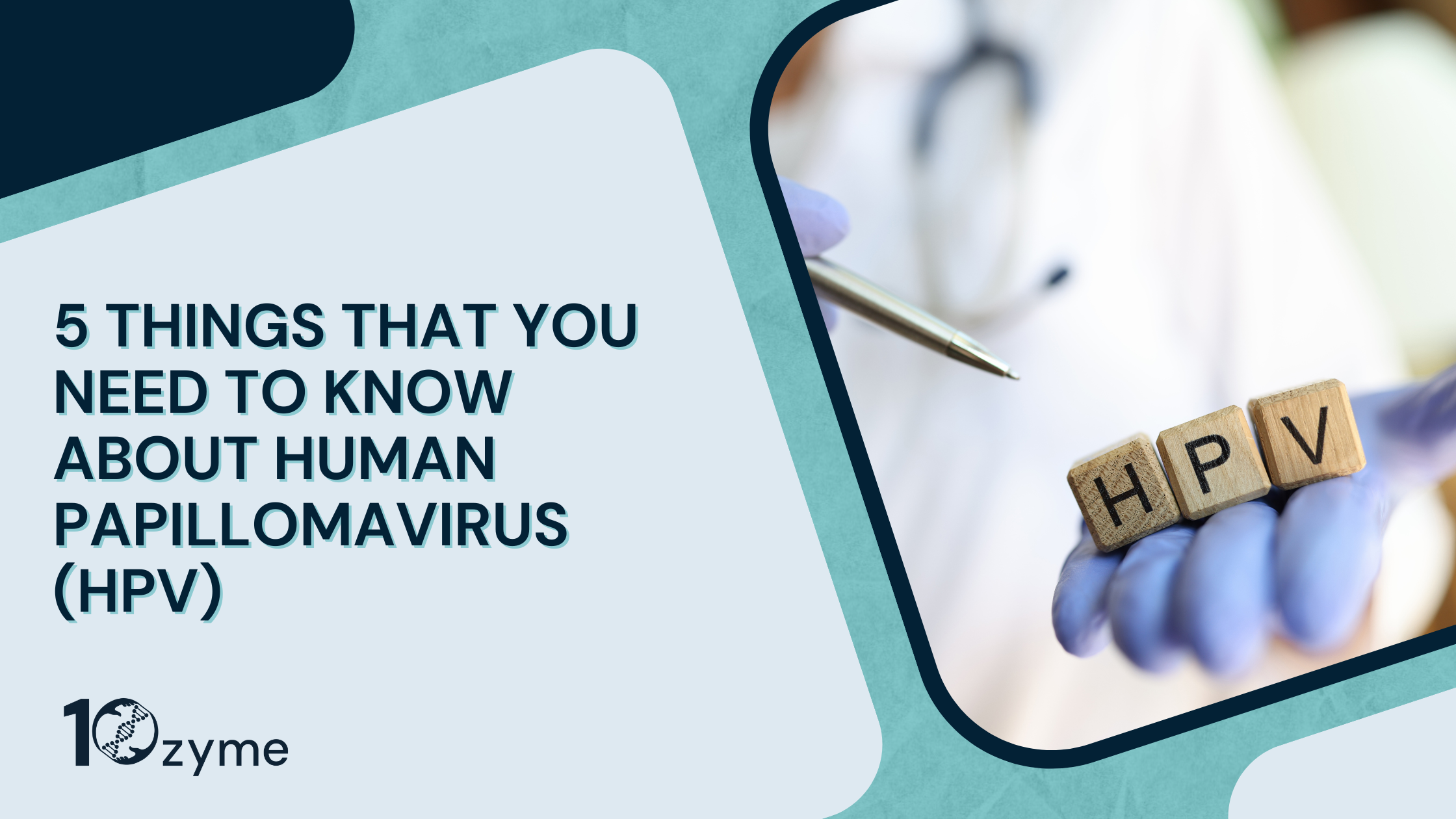


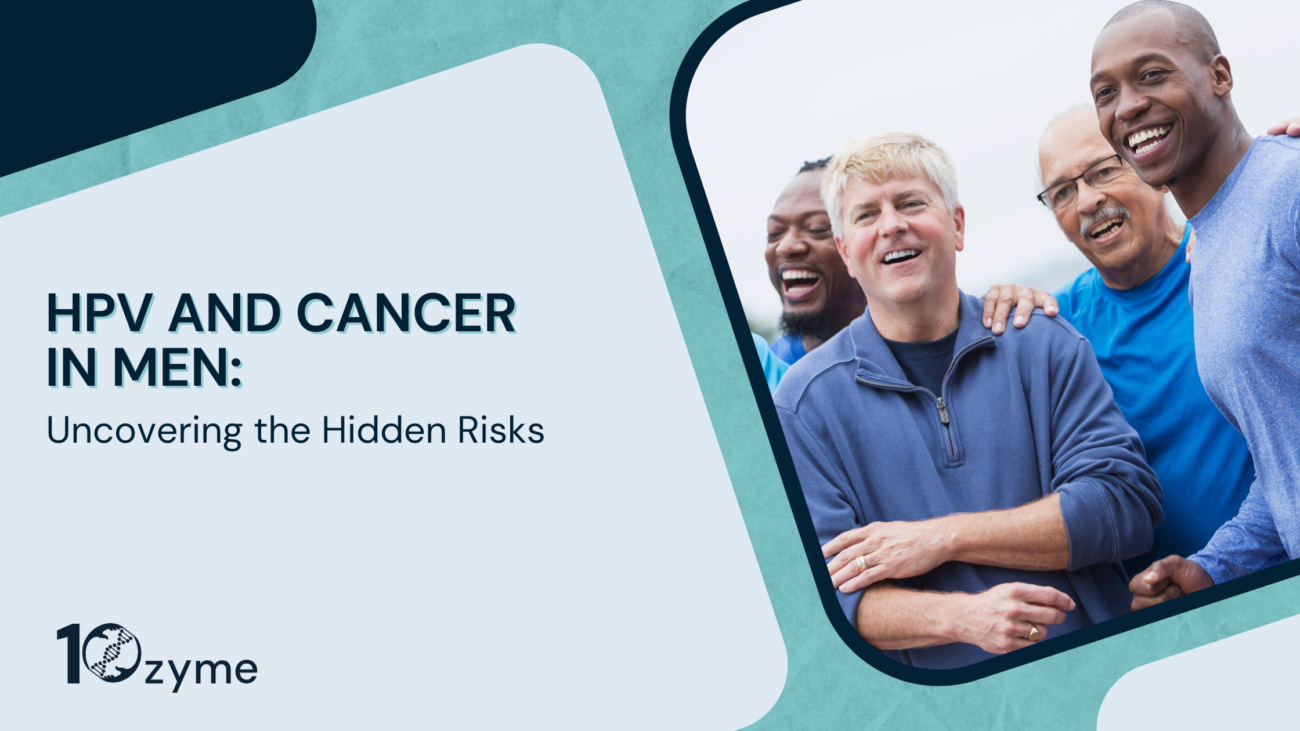

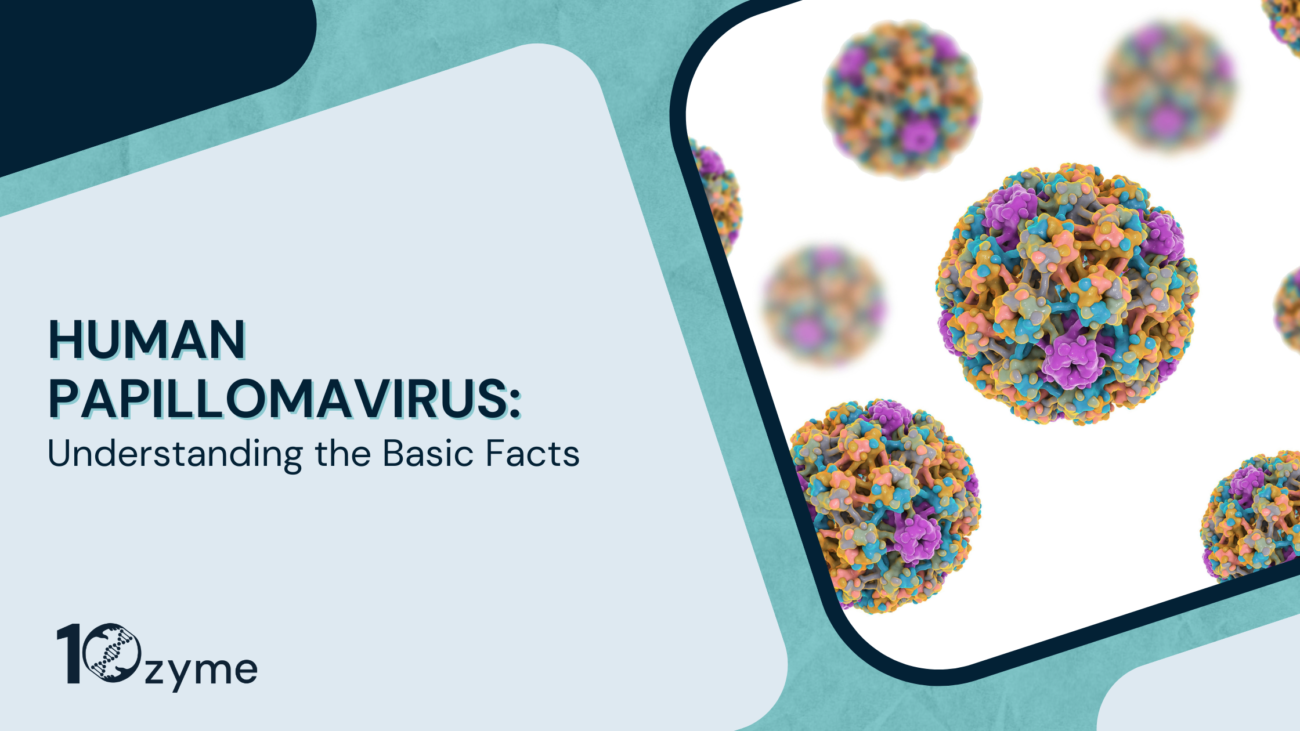
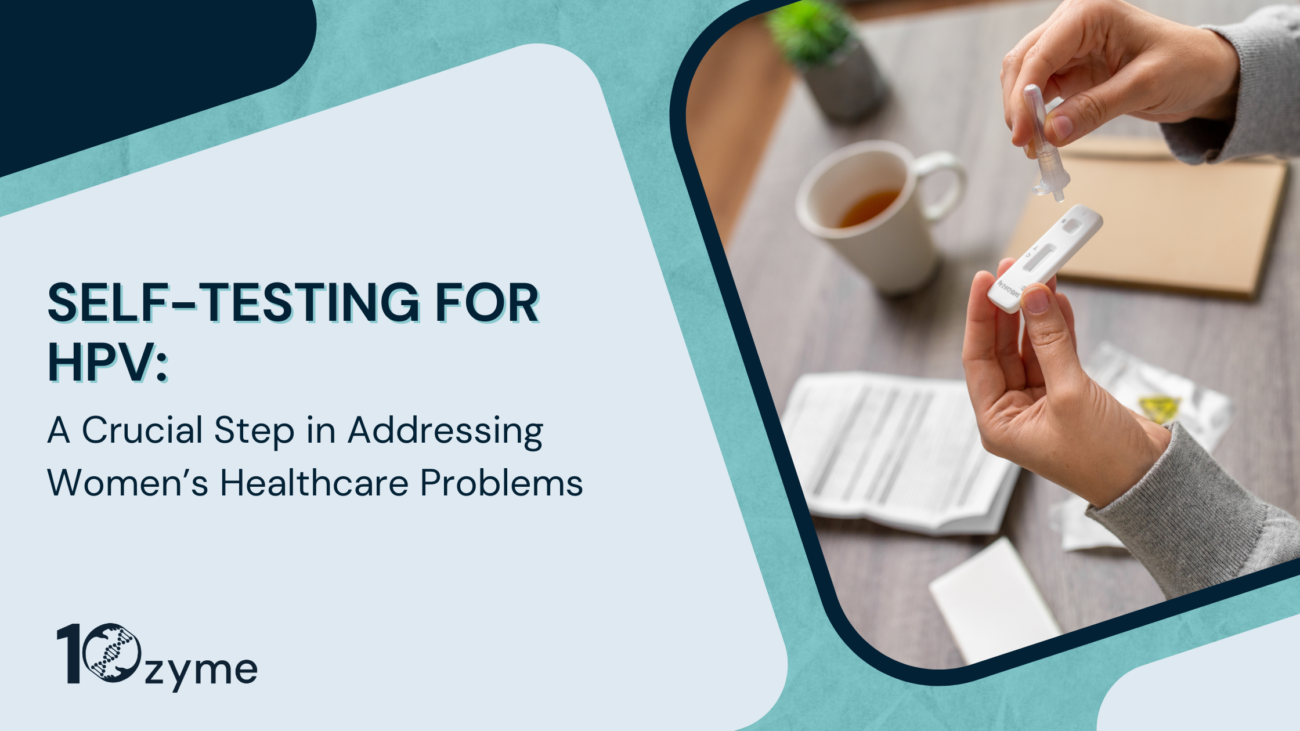
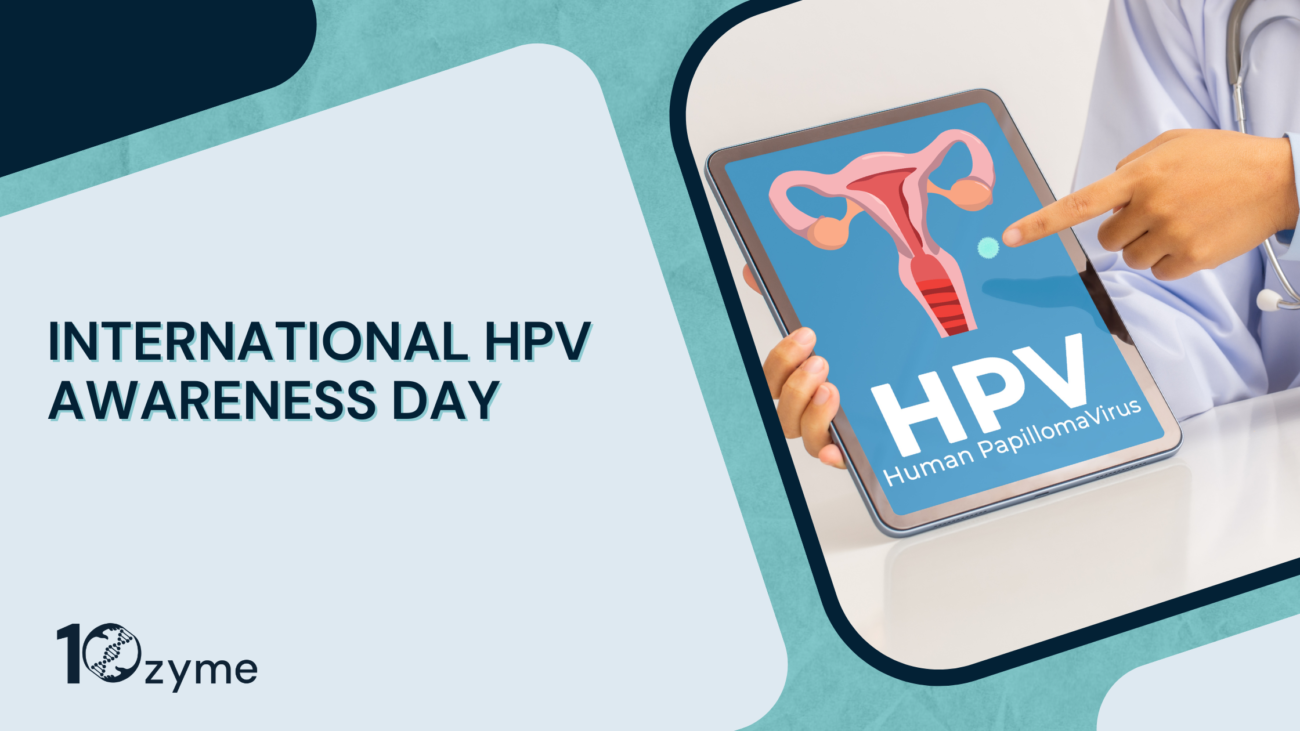
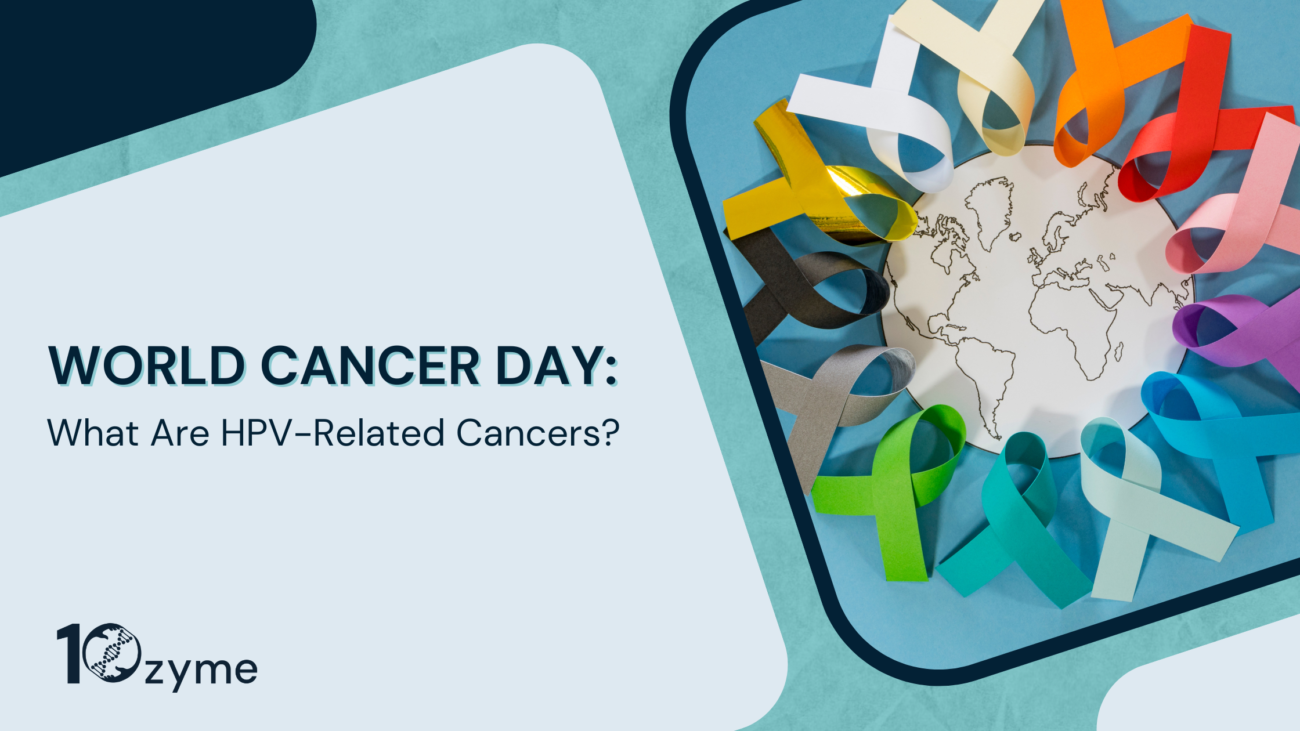
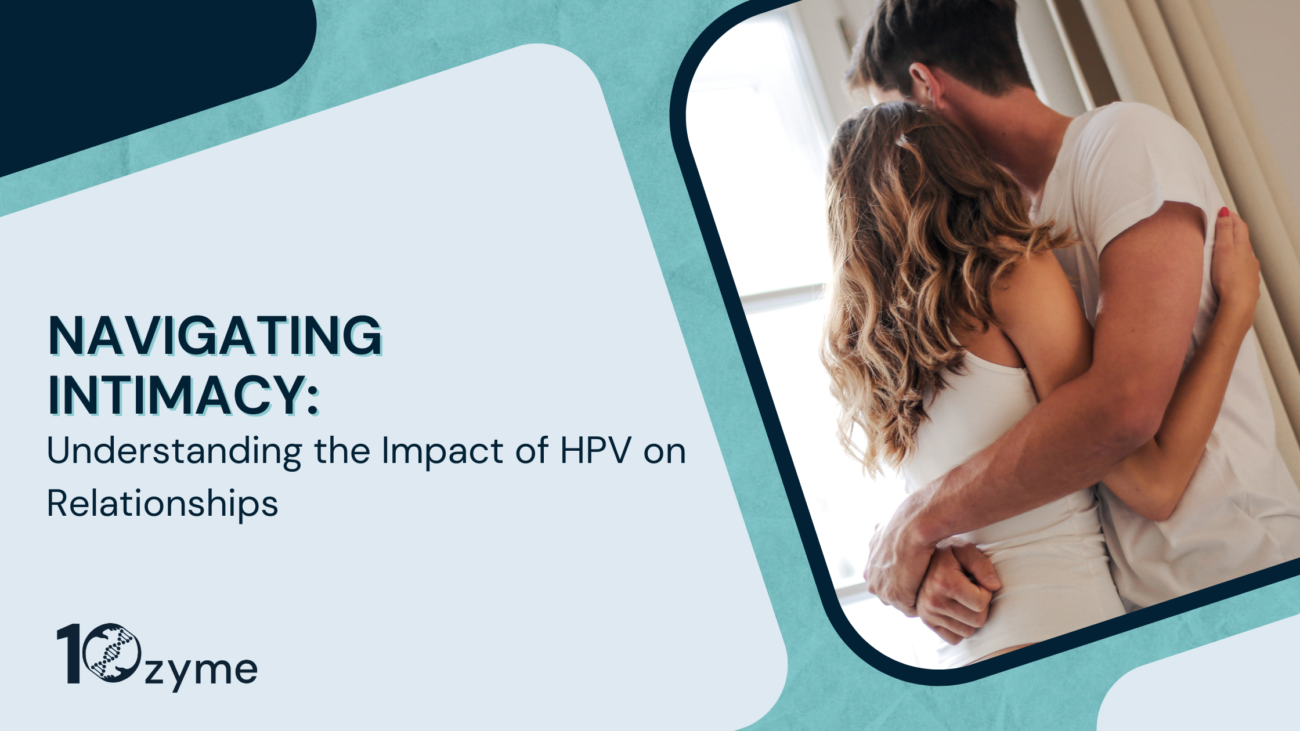

3 thoughts on “5 Things that You Need to Know About Human Papillomavirus (HPV)”